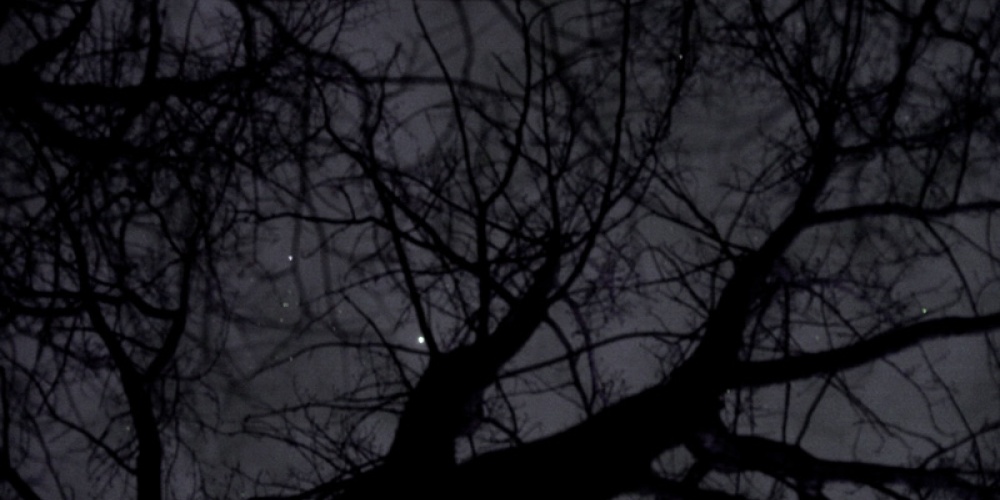| Sukkah
One of the basic requirements of a sukkah is that the s'chach provide more shade than sun. This requirement, however, is more theoretical than practical. Already on the first page of the masechet, the Gemara validates a sukkah built in the depths of a valley, even though most of the shade comes from the mountains. As the Gemara explains, if we "take away the mountains", the roof would provide most of the shade. This sounds quite logical, as the mountains are extraneous to the sukkah, and the requirement to have shade from the roof is meant to exclude a case in which the walls of the sukkah provide most of the shade.
Yet the gemara takes this theoretical framework a step further. The Mishnah (Sukkah 22a) teaches that one may dwell in a sukkah medublelet. Shmuel explains that such a sukkah is put together rather sloppily, with one branch of the s'chach tilted upwards while another is tilted downwards. The broad air spaces between the pieces allow more sun than shade to fill the sukkah. Nonetheless, had those boards been placed flat on the sukkah, there would be more shade than sun; so we consider it to be such, and deem the sukkah to be kosher.
Such a notion, at first glance, is rather surprising. If we need more shade than sun, that is what ought to be necessary. Would one allow a mezuzah to be put on upside down since, in theory, it could have been put up the correct way? Theory is nice in the beit midrash, but halacha is the practice of Jewish law.
The next line of the Mishnah teaches that if the s'chach
is "as thick as a house[1] even thought the stars cannot be seen from it, [it is] kosher". Clearly, seeing the stars would be the ideal. "And He brought him [Abraham] forth abroad, and said: 'Look now toward the heaven, and count the stars, if you are able to count them'; and He said unto him: 'So shall thy seed be'"(Breisheet 15:5). The Jewish people will one day be like the stars, too numerous to count and providing light throughout the universe. The stars in heaven represent the great potential of the Jewish people, the glorious future that awaits. Yet strangely we do not actually have to see the stars!
While I do not have satisfactory explanations for the above perhaps the comments below will shed some light on the above.
Pesach is the holiday where we celebrate our past, marking the formation of our people. Hence, one who did not partake of the pascal lamb was to be "cut off" from the nation of Jews. Sukkot, on the other hand, is the festival where we look forward to the future [2], when the "canopy of peace will be spread upon us", when "all citizens of Israel will dwell together in a sukkah". It is for this reason our Sages choose passages dealing with the wars of Gog and Magog, and the ushering in of the Messianic Era for the haftarot of sukkot.
While our past is rooted in historic reality, our future is rooted in our great potential. In an ideal world the schach is meant to provide protection from the sun yet not so much that we cannot see the heavens above. But we have not yet lived up to the ideal.
The sukkah represents our aspirations for the future. We built it with the realization that there is much work to be done to actualize our potential. We are unable to see all that we can do and our actions often leave us unprotected. We thus look up and pray for G-d's protection from the many stormy winds that surround us.
[1] This is not meant literally, as the s'chach must allow for rain to get through.
[2] Of course, Sukkot also commemorates our wandering in the desert on our way to Israel. The debate as to whether Sukkot primarily commemorates the actual huts we lived in during our sojourn in the desert or the clouds of glory may reflect this very question. Is Sukkot primarily to commemorate the past, or do we look forward to the day when the clouds of glory will return? While this may seem like a philosophical debate, Jewish law has ruled in accordance with the view that it is the clouds of glory we are celebrating. For a legal analysis of this debate click here.

